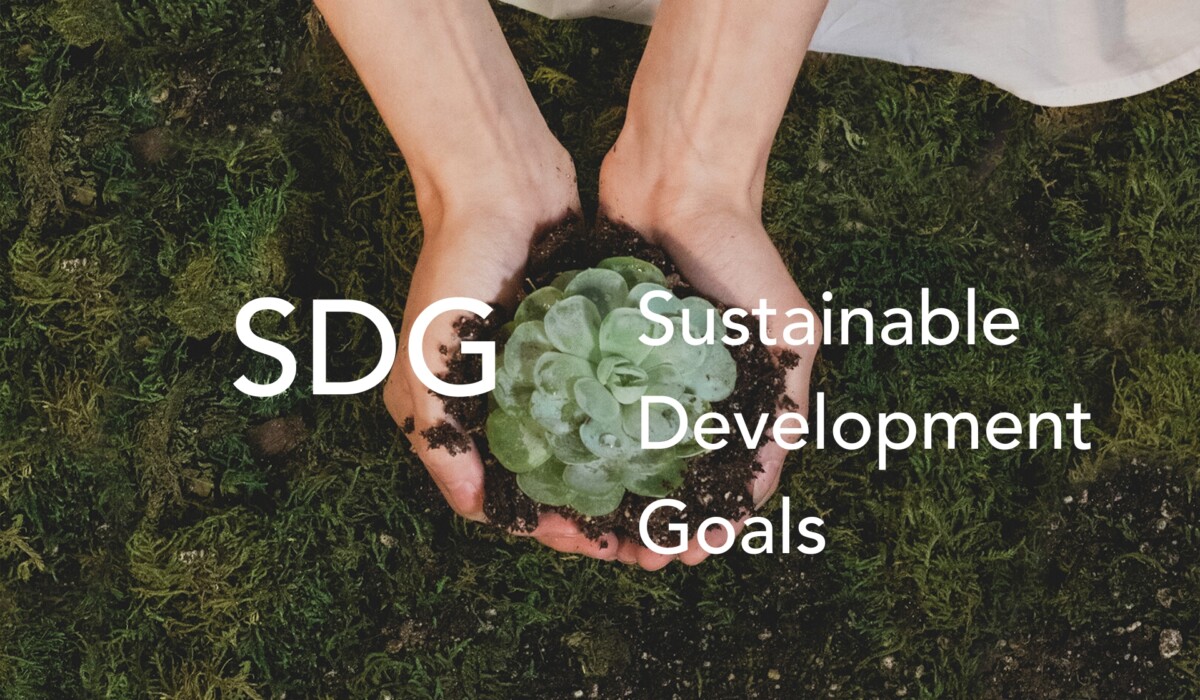SDGs Explained: What They Are and Why They Matter for Business?
You’ve surely come across the concept of the United Nations “Sustainable Development Goals”, otherwise known as the SDGs…but what do they actually represent?
What are the Sustainable Development Goals all about?
The SDGs came into being in 2012 at the United Nations Conference on Sustainable Development in Rio de Janeiro, also called Rio+20. There are 17 goals in total and they define a common plan of action for all countries that have made the decision to align with them. The SDGs are part of the 2030 Agenda and are based on environmentally and ethically sustainable development that converges towards peace and prosperity. They encompass all the issues our world has been facing for many years, from social justice to environmental protection. Those goals provide both a frame of reference for measuring performance and a basis for objectives that can underpin a mission and values. They can be applied at country, society or individual level. Here’s what the 17 goals are.
- No poverty
- Zero hunger
- Good health and well-being
- Quality education
- Gender equality
- Clean water and sanitation
- Affordable and clean energy
- Decent work and economic growth
- Industry, innovation and infrastructure
- Reduced inequalities
- Sustainable cities and communities
- Responsible consumption and production
- Climate action
- Life below water
- Life on land
- Peace, justice and strong institutions
- Partnerships for the goals
The evolution
Throughout history, laws, knowledge and morals have evolved into what we consider to be fundamental rights today. In Belgium or in Luxembourg, we may have access to a whole range of rights, but that doesn’t mean we shouldn’t aim to improve on them.
Gender equality is still an issue in our society to varying degrees. The fight against global warming is everyone’s business and certainly even more so for Western countries given their contribution as major polluters and consumers.
Unfortunately, many countries are still struggling to align with these goals. Basic needs such as quality education or access to clean water are real challenges that still need to be implemented and/or improved in some countries around the world.
Obviously, at first glance, these goals seem very wide-ranging and ambitious. This is why an army of experts reviewed all 17 goals and created 169 targets specific to each one in order to provide the best possible guidance to those who seek to align with them.
Who do the SDGs apply to?
The answer is easy: ALL OF US. We are all citizens of the world and responsible for our planet’s future, as well as the state in which we will leave it for future generations!
Some of us obviously make a bigger impact than others…
Public institutions and governments are in charge of creating the laws that will promote sustainable behaviour in the future.
Companies have a civic responsibility to control their social and environmental impact.
NGOs and other associations are committed to raising awareness, educating, influencing and guiding governments, businesses and individuals on all these issues.
Finally, people like you and I have an equal responsibility to improve our future. We vote for decision-making governments, we consume what companies produce and sell, and we have the opportunity to support and reinforce the message communicated by social organisations. Together with the actions of other citizens, we represent more than we think we do.
SDGs and your business
A growing number of companies seeking to take the step towards sustainable development can use the SDGs as a frame of reference. Staying in our comfort zones is easy. Changing our habits – in whole or in part – can be frightening and trying.
We know this and that’s why we created A Beautiful Green. Thanks to our expertise and in-depth knowledge of the sustainability sector and its practices, we offer step-by-step support for your company’s transition to a prosperous future, in line with sustainable development objectives.
Using several tools, we create a roadmap consistent with the SDGs and your organisation. Like the 17 global goals, our approach is holistic and allows for 360-degree analysis. Take the plunge, we’re here to help you.
